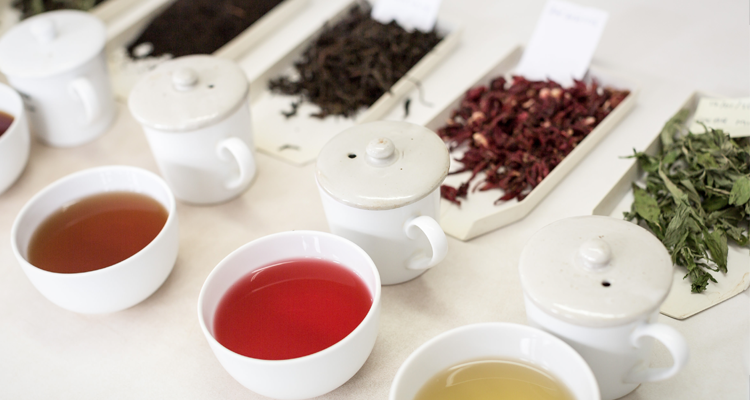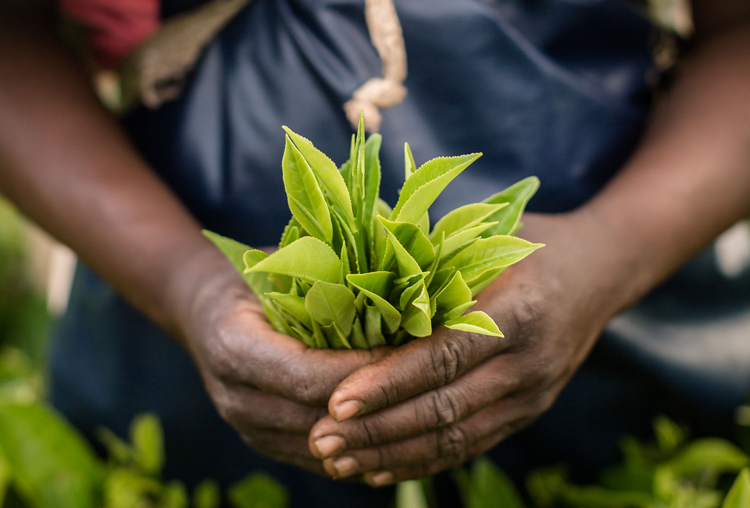The Financial Times warns readers that unless we pay higher prices for our tea, coffee, sugar, cobalt or wedding rings, producers face trade injustice and exploitation, Consumers want fair trade, but not its price. We believe that unless farmers and workers get paid higher prices for their work and produce, they will continue to face exploitation and poverty.
Price vs cost
How is it possible that, even today, the retail price of a cappuccino for example keeps increasing but the commodity price of coffee has plummeted to less than $1 per pound? This does not come close to covering a farmer’s costs of production. And it’s very far from a basic living income which is a human right.
With so little to live on, farmers struggle to meet their basic needs – food, water, housing, education, and healthcare. Fortunately, those able to sell to the Fairtrade market have some much-needed protection: our Minimum Price $1.40 per pound of coffee plus the additional Fairtrade Premium of 20 cents per pound, which cooperatives can collectively invest in whatever they most need. Price volatility hits farmers hardest and yet only Fairtrade offers a safety net.
Similarly, the Fairtrade Standards for tea include origin-specific Fairtrade Minimum Prices that act as a safety net to protect producers against an unpredictable market, as well as the payment of an additional Fairtrade Premium of, on average, US$0.50 per kilogram which producers can invest in projects of their choice. In the case of instant teas, Fairtrade applies a different Premium mechanism – 10% for organic, and 15% percent of the commercial price is added on top – in order to attract new brands and increase market access for those teas.

Lower sales equals lower income
Unfortunately, the continued overall market decline in black tea sales has translated into lower sales volumes of Fairtrade tea, with producers only able to sell a small fraction of their crop on Fairtrade terms, as is the case with Satemwa, the cooperative in Malawi that the article refers to.
When I last visited Malawi two years ago, I also dropped in to see our colleagues at Satemwa. I saw for myself how Fairtrade the Premium had funded some very impressive projects like a shelter for relatives who are caring for the sick, boreholes, mosquito nets, solar panels, student bursaries, teacher accommodation built to attract quality teachers to rural areas. The most recent plan was to purchase solar lamps for each worker. This was important because power is a problem in Malawi and the lamps help illuminate houses, charge phones, and enable students to read at night.
I also saw how transformative the Premium-funded bursaries can be. One young woman I met appealed directly to tea lovers to buy more Fairtrade tea and said: “It’s the only way students from challenged families like myself can benefit. Boreholes have been sunk, teacher’s houses have been built. These things help us.”
Fairtrade works well, but only when producers are able to sell their produce at reasonable scale.
Tackling exploitation in tea
Tackling exploitation is a major priority and the Fairtrade movement was established to put justice at the heart of global trade. For 25 years individual and collective action – from shoppers, campaigners and corporate leaders – has created very powerful change in the way food is traded.
The good news is that many businesses continue to make new commitments to buy on fair terms from the farmers we work with around the world. It is important that we continue our strong relationships with committed tea partners and brands in this immensely challenging market, and buying on Fairtrade terms is a step in the right direction. With 8 out of 10 people saying they trust Fairtrade, our experience shows that consumers are choosing Fairtrade over anything else because of the difference it makes. We, the shoppers, need more opportunity to make positive change by buying Fairtrade.
We are proud of our achievements globally but Fairtrade needs to grow bigger. We know that farmers selling on Fairtrade terms are better equipped to tackle the immense challenges they face – they are more likely to be food secure, to have better incomes, to be better organised, to be more empowered. I know this because I have seen this on countless occasions when I have visited our producer colleagues in the Global South. Whilst poverty remains at the heart of many of the supply chain problems in global trade Fairtrade will continue its fight against exploitation.
We, and the shoppers who buy Fairtrade every day will continue to demand an end to unfair trade.
